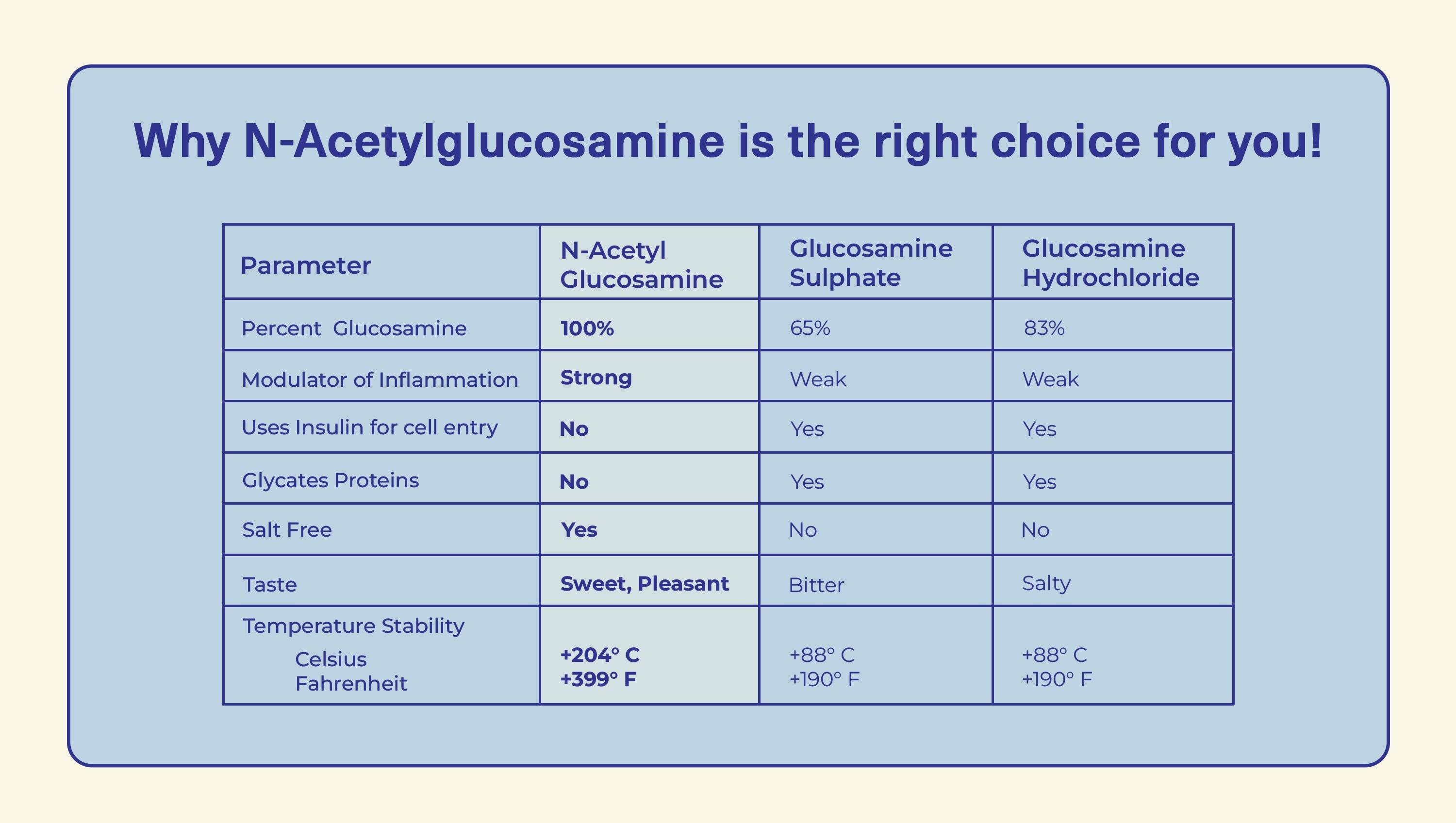

· By Pooja Kukreja
Can You Have Crohn’s Disease and Ulcerative Colitis at the Same Time?
Living with a chronic illness like Crohn's disease or ulcerative colitis can be incredibly challenging. Both are types of inflammatory bowel disease (IBD) that affect the digestive tract, causing symptoms such as abdominal pain, diarrhea, and weight loss. But what happens if someone exhibits symptoms of both conditions? Can a person have both Crohn's disease and ulcerative colitis simultaneously?
Understanding Crohn’s Disease and Ulcerative Colitis
To explore this question, it's crucial to understand what differentiates Crohn's disease from ulcerative colitis. Both conditions involve inflammation of the gastrointestinal (GI) tract, but they manifest differently:
Crohn’s Disease: This condition can affect any part of the GI tract, from the mouth to the anus. The inflammation extends through the entire thickness of the bowel wall, and areas of inflammation are often interspersed with healthy tissue, known as "skip lesions."
Ulcerative Colitis: Unlike Crohn's, ulcerative colitis is confined to the colon and rectum. The inflammation is typically continuous and affects only the innermost lining of the colon.
The Overlap of Symptoms
Given that both conditions are types of IBD and share several symptoms, it's not uncommon for patients to exhibit overlapping signs. Common symptoms include:
The idea of having both Crohn’s disease and ulcerative colitis at the same time might seem plausible due to their overlapping symptoms, but medically, these are considered distinct diseases. The primary reason is their specific patterns of inflammation and the areas of the GI tract they affect. However, there are rare instances where a patient may have symptoms that don't fit neatly into either category, sometimes referred to as "indeterminate colitis."
Indeterminate Colitis: This diagnosis is used when a patient exhibits characteristics of both Crohn's disease and ulcerative colitis. In such cases, distinguishing between the two can be challenging, especially during the early stages of the disease. According to the Crohn’s & Colitis Foundation, approximately 10-15% of IBD cases are classified as indeterminate colitis, particularly when the colon alone is involved and the symptoms are not clearly indicative of one condition over the other.
Treatment and Management
Managing Crohn's disease, ulcerative colitis, or indeterminate colitis involves similar strategies aimed at reducing inflammation, managing symptoms, and maintaining remission. Treatment options typically include:
Given the nuanced differences between Crohn's disease and ulcerative colitis, and the possibility of indeterminate colitis, an accurate diagnosis is critical for effective treatment. This usually involves a combination of endoscopy, colonoscopy, imaging studies, and biopsies.
For those living with these conditions, or suspecting they might have IBD, it’s important to consult with a healthcare professional to get a comprehensive evaluation and personalized treatment plan.
Conclusion
While it's rare to be diagnosed with both Crohn's disease and ulcerative colitis due to their distinct diagnostic criteria, cases of indeterminate colitis highlight the complexity of diagnosing IBD. Each individual's experience with these diseases is unique, underscoring the need for tailored medical care and support.
Remember, if you're experiencing symptoms of IBD, seeking medical advice is crucial for proper diagnosis and management. You're not alone in this journey—there are numerous resources and communities available to support you.
Understanding Crohn’s Disease and Ulcerative Colitis
To explore this question, it's crucial to understand what differentiates Crohn's disease from ulcerative colitis. Both conditions involve inflammation of the gastrointestinal (GI) tract, but they manifest differently:
Crohn’s Disease: This condition can affect any part of the GI tract, from the mouth to the anus. The inflammation extends through the entire thickness of the bowel wall, and areas of inflammation are often interspersed with healthy tissue, known as "skip lesions."
Ulcerative Colitis: Unlike Crohn's, ulcerative colitis is confined to the colon and rectum. The inflammation is typically continuous and affects only the innermost lining of the colon.
The Overlap of Symptoms
Given that both conditions are types of IBD and share several symptoms, it's not uncommon for patients to exhibit overlapping signs. Common symptoms include:
- Persistent diarrhea
- Abdominal pain and cramping
- Rectal bleeding
- Fatigue
- Urgent need to defecate
The idea of having both Crohn’s disease and ulcerative colitis at the same time might seem plausible due to their overlapping symptoms, but medically, these are considered distinct diseases. The primary reason is their specific patterns of inflammation and the areas of the GI tract they affect. However, there are rare instances where a patient may have symptoms that don't fit neatly into either category, sometimes referred to as "indeterminate colitis."
Indeterminate Colitis: This diagnosis is used when a patient exhibits characteristics of both Crohn's disease and ulcerative colitis. In such cases, distinguishing between the two can be challenging, especially during the early stages of the disease. According to the Crohn’s & Colitis Foundation, approximately 10-15% of IBD cases are classified as indeterminate colitis, particularly when the colon alone is involved and the symptoms are not clearly indicative of one condition over the other.
Treatment and Management
Managing Crohn's disease, ulcerative colitis, or indeterminate colitis involves similar strategies aimed at reducing inflammation, managing symptoms, and maintaining remission. Treatment options typically include:
- Medication: Anti-inflammatory drugs, immune system suppressors, and biologics are commonly used.
- Diet and Lifestyle: Patients are often advised to follow a specific diet that reduces symptoms and avoids triggers, such as high-fiber foods, dairy, or spicy foods.
- Surgery: In severe cases, surgery might be necessary to remove damaged portions of the GI tract or, in the case of ulcerative colitis, potentially remove the colon.
Given the nuanced differences between Crohn's disease and ulcerative colitis, and the possibility of indeterminate colitis, an accurate diagnosis is critical for effective treatment. This usually involves a combination of endoscopy, colonoscopy, imaging studies, and biopsies.
For those living with these conditions, or suspecting they might have IBD, it’s important to consult with a healthcare professional to get a comprehensive evaluation and personalized treatment plan.
Conclusion
While it's rare to be diagnosed with both Crohn's disease and ulcerative colitis due to their distinct diagnostic criteria, cases of indeterminate colitis highlight the complexity of diagnosing IBD. Each individual's experience with these diseases is unique, underscoring the need for tailored medical care and support.
Remember, if you're experiencing symptoms of IBD, seeking medical advice is crucial for proper diagnosis and management. You're not alone in this journey—there are numerous resources and communities available to support you.



